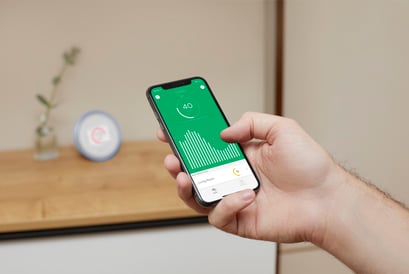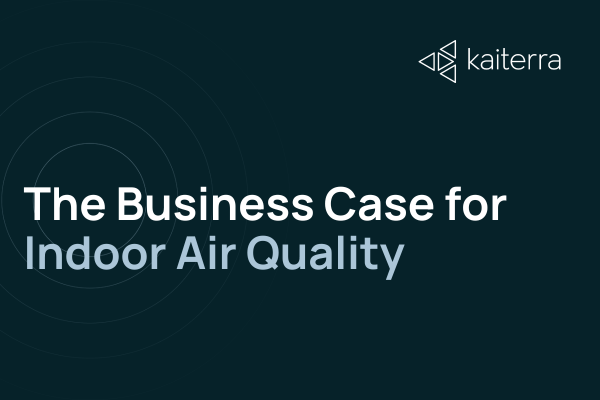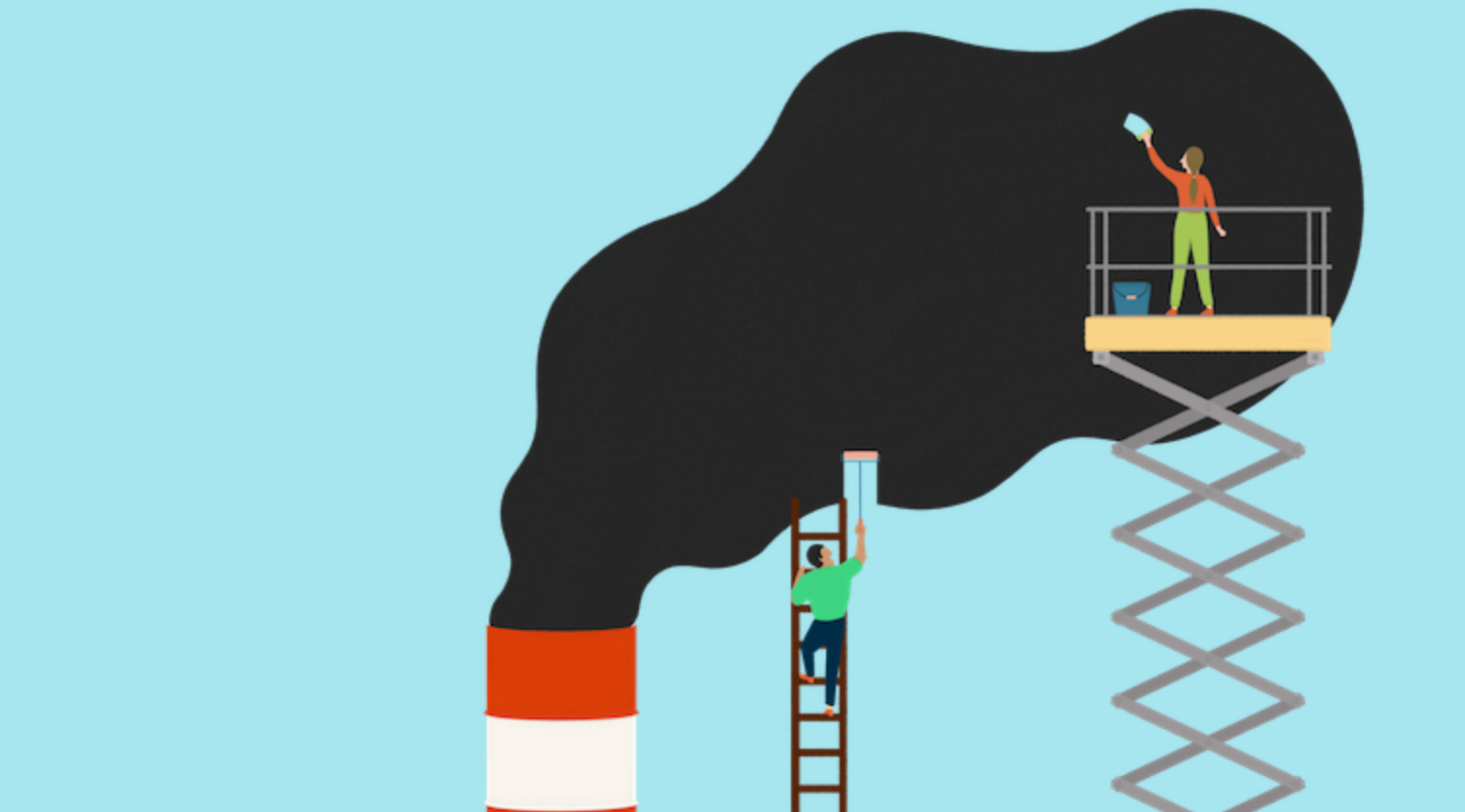Newsletter
Today the United Nations Environment Programme is celebrating World Environment Day. The theme this year is air pollution, something we've been studying non-stop at Kaiterra. It's been very eye-opening learning about air quality issues in other parts of the world and at home.
To help #BeatAirPollution, we wanted to share three of the most surprising things we've learned this year:
1. When It Comes to Air Pollution, Kids Suffer the Most
Because their immune systems aren't fully developed, children can't filter out air pollutants the same way an adult can. This means that when your family is in an area impacted by smoke from forest fires or emissions from heavy traffic congestion, as an adult, you won't feel it the same way your kids will. Air pollution isn't something you can always see, but it is something you can measure. There are a lot of free air quality apps and online resources that can help you stay protected and informed about air pollution.

2. Working Together Will Give Us Better Results
This isn't just a feel-good statement; there's a lot of data to back this up. In 2016, three regions around Beijing merged into one for the purpose of pollution control (before that, each province was individually responsible for its own air pollution).
The results? Air pollution decreased by 35% over a period of three years.

3. We Need More Air Quality Data
The goals should be to understand, forecast, and reduce air pollution. We can't do this without tracking. However, what's important to understand is that air pollution doesn't need permission to travel across borders and it's not confined to one country. Imagine trying to forecast the weather without having any weather data about neighboring regions. It wouldn't work. Well, the same applies to monitoring and measuring air pollution. Unfortunately, a lot of places are only taking into account the data they themselves measure.

There's a lot we can do both collectively and as individuals for World Environment Day to help fight climate change. We're going in the right direction, but we need to push conversations to go a bit deeper.






.png?width=200&height=148&name=Menu%20C%20(2).png)

.png?width=307&height=228&name=Menu%20-%20D%20(1).png)
.png)



